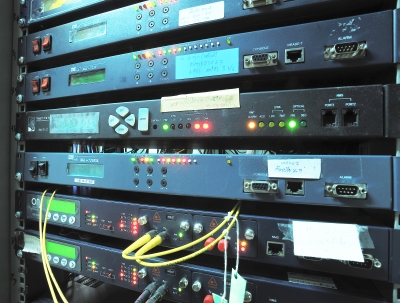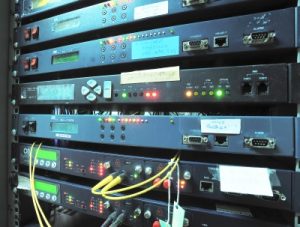Should You Upgrade To VPS Hosting?

 When you’re new to the world of cloud hosting, the options can be overwhelming. Hosting packages vary greatly in price and in the resources they offer. Without having some insight into how your website will run, it can be difficult to find the right balance between cost and utility. As a website creator or a small business owner just starting out, shared hosting might be tempting. Prices are often considerably cheaper than other hosting options, and for many webmasters, shared hosting provides enough resources to keep things running smoothly.
When you’re new to the world of cloud hosting, the options can be overwhelming. Hosting packages vary greatly in price and in the resources they offer. Without having some insight into how your website will run, it can be difficult to find the right balance between cost and utility. As a website creator or a small business owner just starting out, shared hosting might be tempting. Prices are often considerably cheaper than other hosting options, and for many webmasters, shared hosting provides enough resources to keep things running smoothly.
If you launch with a shared hosting package, though, you might notice some issues with load times and wonder if your website couldn’t run more smoothly. In those instances, upgrading to a VPS, or a virtual private server, may be in your company’s best interest.
Both shared hosting and VPS hosting involve shared servers, but the way those servers are divided differs greatly between the two types of hosting plans, and that division makes all the difference.
In shared hosting, many sites and files are hosted on the same operating system. This limits the types of applications you can install, restricts your control over the server and reduces security.
With VPS hosting, the server is divided up into partitions, and each of those partitions is capable of running its own operating system. This allows you more control over the programs and applications you can run, and also over the server itself. Many providers give VPS customers the ability to reset and make other changes to their partitions on the server from their end. Since the partition runs separately from the others on the server, additional security measures can be installed, ensuring your data remains safe.
Whether you need VPS hosting for your site depends largely on factors you may not know when you start out, such as site traffic. However, certain sites use a lot of resources and are not good fits for shared hosting. Flash sites, for instance, require more resources than static HTML pages and pages with a lot of media, such as videos and games, require more resources than pages that are mostly text.
The up-and-coming website trend of dynamic content, in which the content of a website is tailored to each visitor, also requires far greater resources than websites that provide the same content to everyone. So if you’re building a dynamic site, you may want to skip the shared hosting plan and go straight to your own VPS.
If you’re wondering whether or not you should upgrade from a shared hosting plan, something has probably prompted your concern, so the answer is more than likely yes. Here are a few scenarios in which an upgrade is definitely in order:
Though shared hosting has its flaws, it’s not always a bad choice for a startup looking to keep costs in check. When your site isn’t up, though, you aren’t in business, so as soon as your shared-hosting plan starts to work against you, it’s time for an upgrade.
Image credit: SOMMAI on Freedigitalphotos.net
